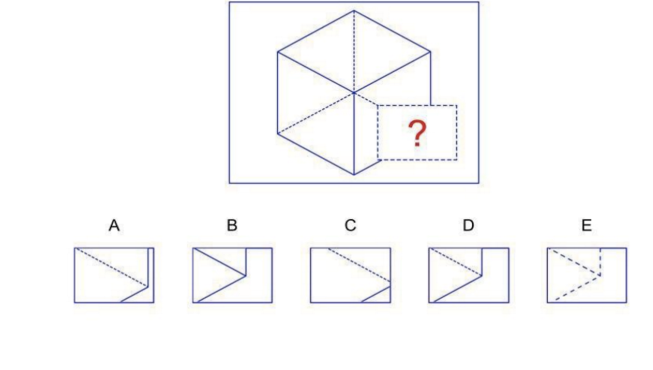The NNAT (Naglieri Nonverbal Ability Test) is an influential nonverbal assessment tool. It qualifies students from kindergarten through 12th grade for gifted and talented programs. Utilizing shapes and figures, the NNAT assesses problem-solving abilities through a nonverbal model.
In contrast to traditional school learning, the NNAT emphasizes visual-spatial reasoning skills. This shift aligns with its focus on evaluating a child’s innate cognitive abilities rather than academic knowledge. Consequently, the NNAT has gained widespread popularity for admissions to gifted and talented programs across various U.S. school districts.
The most recent iteration, NNAT3, offers a comprehensive assessment with 48 questions categorized into four distinct question types. Its versatility and nonverbal approach make it a valuable tool for identifying students’ cognitive potential across different age groups and academic levels
These question types include:
- Pattern completion
- Reasoning by analogy
- Serial reasoning
- Spatial visualization
Children in the second grade will complete the NNAT Level C exam, which includes reasoning by analogy, pattern completion, serial reasoning and spatial visualization questions. Unlike the NNAT Level A and B exams, students completing the Level C exam will come across spatial visualization questions. These questions require the students to identify how two or more designs would look when they are put together. In other scenarios, the student would have to determine how a design would look after it is folded, rotated or altered in some way. Below are several sample questions that are intended for the second grade level. Each practice question will reflect a specific category of questions that your child will come across.
NNAT 2nd Grade (Level C) Sample Questions
1) Pattern Completion
In NNAT Pattern Completion for 2nd graders, students actively identify and complete visual patterns and sequences. They analyze visual patterns to find the missing piece, developing nonverbal reasoning and problem-solving skills.
Example #1: Parent say to your child: “Look at the puzzle.” Point to the empty box and say, “Something is missing.” Point to the answer choices and say, “which of these answer choices goes here?” Point back to the empty box when you say “here.”


2) Reasoning by Analogy
NNAT Reasoning by Analogy for 2nd graders tasks students with recognizing and applying analogical relationships among visual elements and shapes.
Example #2: Parent say to your child: Look at the figures on top. They go together in some way. Choose a figure from the answer row that goes with the figure(s) on the bottom the same way the figures on top go together.
3) Serial Reasoning
NNAT Serial Reasoning for 2nd graders involves analyzing visual elements with gradual transformations to recognize patterns and predict sequences.
Example #3: Parent say to your child: Look at the boxes across the rows and up and down the columns. Do you see ow they are related to each other? Can you find the answer that goes in the empty box so that the design inside the rows and columns follow a pattern?
4) Spatial Visualization
In NNAT Spatial Visualization for 2nd graders, students interpret how designs change when combined or rotated, honing critical thinking skills.
Example #4: Instructions: Start on the recommended item for your child’s age. Show your child the three pictures across the top (and sometimes middle) row. Say, “Look at the first two pictures. When you combine them, they create the third picture.”
Answers:
1.) D
2.) A – Piece on right fits with the piece on left like a puzzle
3.) E – The middle figure moves the same degrees clockwise each time
4.) E
Want to try us out? Sign up for a free account today and get 100 free practice questions.
